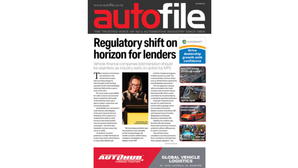
Regulators give their advice to loan providers in the automotive space as oversight of the non-banking sector is set to transfer from the Commerce Commission to the Financial Markets Authority. We
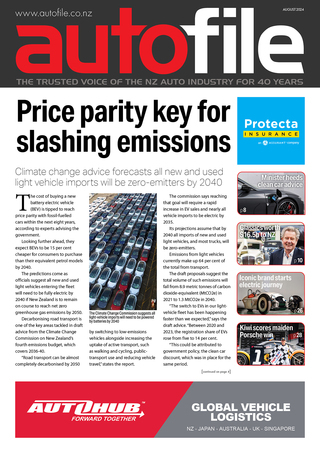
Advice issued by the Climate Change Commission forecasts all new and used light imports will be zero-emitters by 2040. And it tips new battery electric vehicles (BEVs) are tipped to reach price parity with fossil-fuelled cars within the next eight years. Plus: Industry reaction and what could be in New Zealand’s fourth emissions budget for 2036-40.
The clean car standard targets for the next five years have been changed based on advice from the Ministry of Transport, which warned the previous goals for imported light vehicles were unlikely to be achieved.
A milestone survey shows the economic footprint of the historic and classic vehicle sector comes in at $16.5 billion. That’s the major finding research commissioned by the NZ Federation of Motoring Clubs, which will be used as a “gateway” to the sector’s future.
Demand for car finance is down by about one-quarter on last year. However, the sector is due a silver lining and “thankfully, there’s a small one on the horizon”, says Lyn McMorran, of the Financial Services Federation. Plus: Phase two of the government’s proposed reforms will make more substantial changes to legislation.
Dealers report a “grim” start to 2024 with lower-than-usual vehicle sales and a number of businesses closing, but they are optimistic it won’t take much for the market to improve.
• Geneva Finance plans to focus more on growing its core business after delisting from the NZX and moving to the Unlisted Securities Exchange.
• Auto Trader, taken over last year by the Optimus Group, reveals how it is preparing to rebrand and launch a new-look platform.
• Provident Insurance has launched a new platform for its products after spending 18 months developing the digital system to enhance its offering and service delivery.
• James Hendry, of AdTorque Edge, explains why a key to capturing a higher portion of in-market buyers is delivering a modern and performance-driven website. And he’s got some tips on achieving that.
• The switch to BEVs “requires an innovative approach that directly empowers people in the energy transition”. Read what VIA’s Kit Wilkerson has to say on the subject.
• Australasia’s first zero-emissions hydrogen refuelling network has been launched in New Zealand.
• Larry Fallowfield, of the Motor Trade Association, reflects on a whirlwind start to 2024’s second quarter as team members covered industry events.
• Christchurch-born Ryan Yardley has scored his first-ever Porsche Carrera Cup North America victory.
Plus: July’s industry statistics, Kiwis finish second and third in Formula E series, new cars, disputes, movers, VIA appoints new chairman and much more.
To view online, click here.


Regulators give their advice to loan providers in the automotive space as oversight of the non-banking sector is set to transfer from the Commerce Commission to the Financial Markets Authority. We
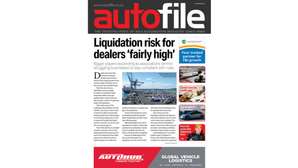
Autofile talks to experts about the downturn as dealer numbers drop, some sectors suffer more than others and the risk of liquidations is “fairly high”. It’s not all bad news, though
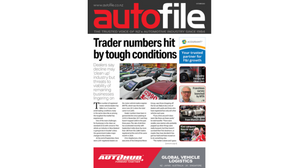
The number of registered traders has fallen to a 13-year low amid conditions many describe as among the toughest New Zealand’s vehicle market has experienced. We talk to three experts about what
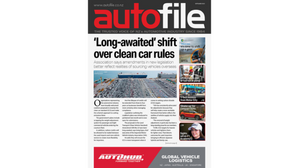
The industry has broadly welcomed a major revamp of the clean car standard. The government plans to scrap the weight-adjustment system for imported passenger and light commercial vehicles. It will als
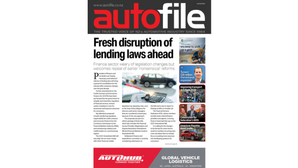
Finance providers and car dealers are hoping “necessary” reforms of lending laws will bring a period of consolidation for the sector after numerous changes over the past decade. We look in
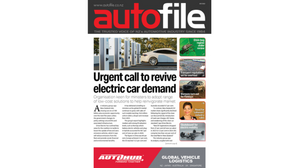
Drive Electric says New Zealand risks missing out on a $100 billion-plus economic opportunity over the next five years unless the government changes its policies around EVs and accelerates plans to in
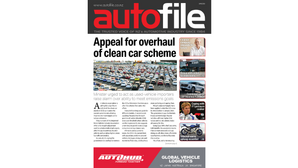
The government is being urged to overhaul the clean car standard because it’s preventing importers hitting goals set to reduce emissions, says the Imported Motor Vehicle Industry Association (VI
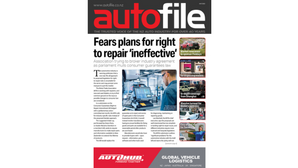
The Motor Trade Association warns a one-size-fits-all approach to right-to-repair laws is unsuitable for the car industry and may mean some marques exit the market. It’s working with dealers and
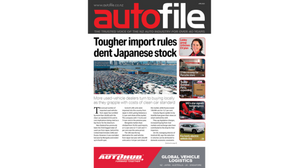
The annual number of used imports from Japan has tumbled by more than 30,000 with the clean car standard being blamed as a key factor for the downturn. Autofile talks to industry experts about the mar
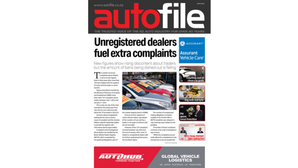
Car dealer complaints are set to hit their highest level in three years with more than 100 made to Duncan Connor, registrar of motor-vehicle traders, in seven months. Talking to Autofile, Con
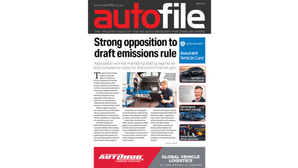
The Motor Industry Association is calling for the government to rethink a vehicle exhaust emissions rule amendment that would introduce in-service conformity testing for light-vehicle imports from som
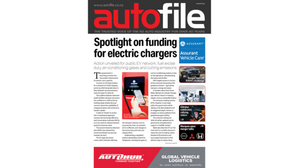
The government is looking into how public infrastructure for electric cars is paid for, saying it’s “timely” to review its co-investment approach. Plus: Autofile examines what else i